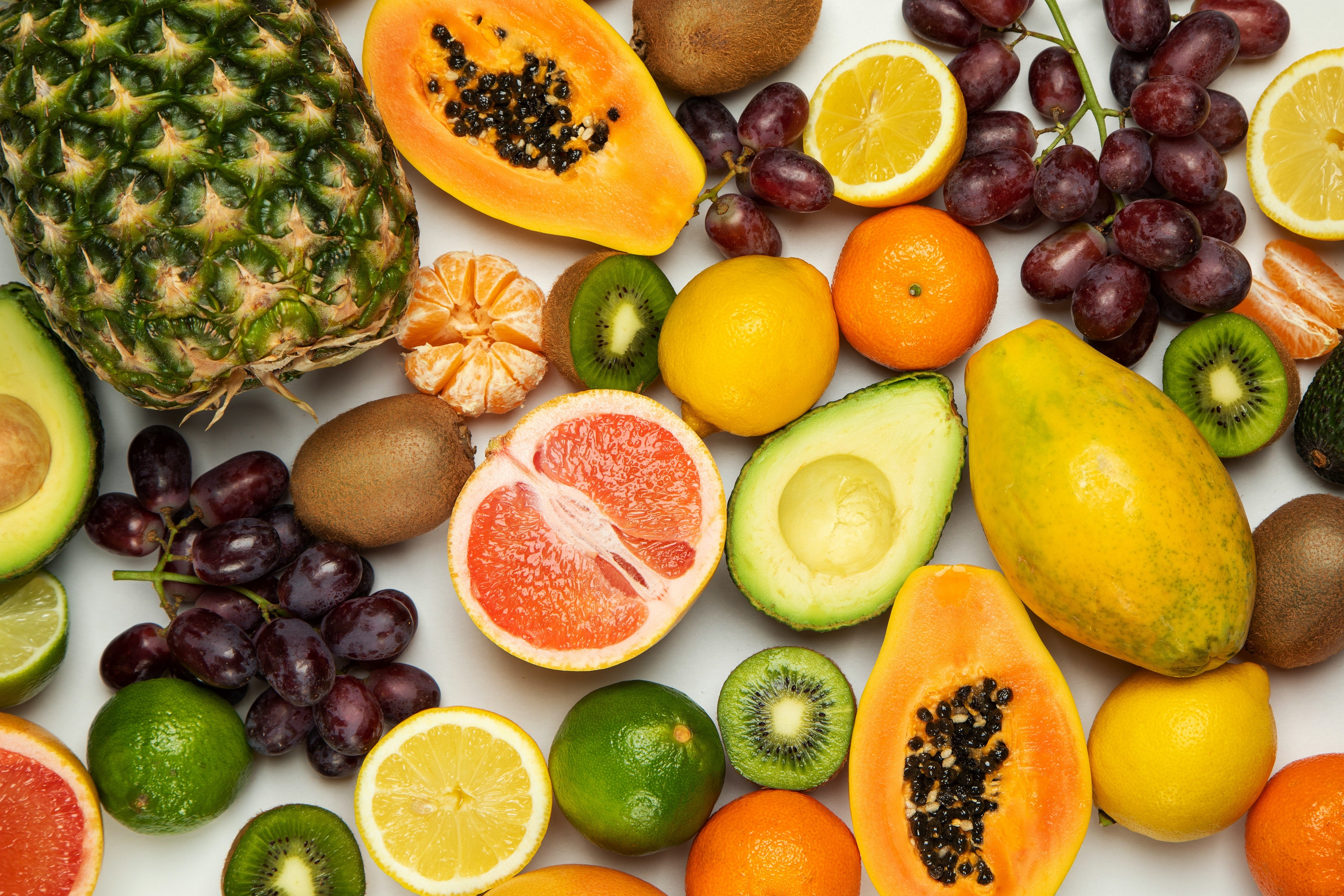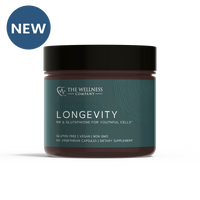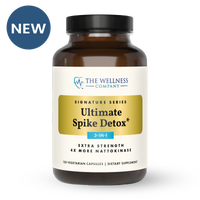Prebiotics or Probiotics? Which are More Important for Gut Health?

The past few decades have witnessed an explosion of research into the human microbiome – the trillions of bacteria, fungi, parasites, and viruses which call our bodies home. Scientists have been diving deep into this world of microbes, trying to decode its mysteries and understand their implications for human health. In particular, the gut microbiome has been shown to be an integral player in not only our digestive, but overall health. The hope was simple: if we could understand the gut microbiome, we could revolutionize the field of medicine.
Many intriguing findings have come out of this research. Take, for example, the notion of the gut-brain axis, which emerged from studies showing that the composition of microbes in our gut reliably predicts our mood and mental health. Researchers have even identified bidirectional lines of communication between the gut and the brain, indicating that there is really something to the notion of a “gut feeling.”
Then there were studies showing that fecal transplantation (which essentially transposes one person’s microbiome into another) can eradicate severe intestinal maladies such as those stemming from Clostridium Difficile and other infections.
In the wake of these findings and others, many researchers and health advocates jumped to the conclusion that ingesting probiotic supplements – capsules of live bacteria – was the key to optimizing their microbiome, cultivating a healthy gut, and by extension, a healthy body.
However, amidst this whirlwind of research and speculation, the answer to a few critical questions remained unclear: how far do the benefits of probiotics really go? Are they the best way to optimize the microbiome? Are they truly a panacea for all things health and wellness? The answer, it seems, is not as straightforward as many once believed.
Probiotics Confer Temporary Benefits, Studies Show
In a perfect world, one could simply take a probiotic pill, and be confident that the microbes within it would find their way to the GI tract and start doing their magic. But unfortunately, according to the research, it’s not quite that simple. You see, while probiotics ingested in pill form do make it to our gut, they have a hard time sticking around and colonizing the area long-term.
This doesn’t mean they’re useless. What it means is that upon arrival in the gut, probiotics can do some worthwhile, specific tasks (like help manage bloating, or IBS symptoms), before passing through our system. They don’t, however, appear to effectively change the composition of our microbiome in a long-lasting way. This is why many experts are now shifting their recommendations to focus on prebiotics, which have an entirely different role to play in helping us maintain a healthy gut.
Prebiotics: A Long-Term Approach
As it turns out, the foods we eat powerfully influence which bacterial strains thrive and which die off within our bodies. Foods that promote the growth of healthy bacteria are called prebiotics. To clarify the difference between probiotics and prebiotics, imagine your gut as a lush garden. Probiotics are like fully grown plants and flowers you might introduce in hopes that they'll flourish. But without the right soil, even the healthiest plants can struggle to be transplanted. Prebiotics, by contrast, are akin to the rich, nourishing soil and fertilizer that ensures a healthy environment for whatever is growing. By feeding and nurturing the existing plants (our beneficial bacteria), prebiotics create an environment where they can flourish and proliferate.
Focusing on probiotics exclusively is like planting a bunch of nice new plants in poor quality soil, in the wrong climate. Focusing on prebiotics, conversely, is like ensuring your lawn is well-fertilized, resistant to weeds and more receptive to both the new and existing plants that you want to thrive. And the beauty of it? This "fertilizer" isn't found in pricey supplements but in everyday foods.
Practical Prebiotic Intake
Embracing a diet rich in prebiotics is simpler than you might think. Most prebiotics are just a type of fibre, such as inulin, fructan, or galacto-oligosaccharides. These can be found in a host of whole, unprocessed foods, such as veggies, fruits, nuts, seeds, whole grains, and legumes. Many of the foods you likely already eat, from garlic and onions, to apples and asparagus, to pistachios and cashews, are not only delicious but chock full of prebiotic, health-promoting goodness.
Bottomline
While probiotics certainly have their place as a health solution for the right person at the right time, it’s becoming clear that the foundation of a healthy microbiome lies not just in introducing new bacteria but in nurturing what's already there. Prebiotics serve as the bedrock upon which our internal ecosystem thrives. By prioritizing a diet rich in these natural fertilizers, we not only bolster our existing beneficial bacteria but also create a welcoming environment for any probiotics we might introduce. In the quest for optimal gut health, probiotics and prebiotics both have a role to play. But it’s the sustaining effect of prebiotics that truly nurtures our internal ecosystems for lasting vitality.
Probiotics and prebiotics: What you should know - Doctor Mike Hansen
References:
Mayer, E. A., Nance, K., & Chen, S. (2022). The gut–brain axis. Annual Review of Medicine, 73, 439-453.
Floch, M. H. (2010). Fecal bacteriotherapy, fecal transplant, and the microbiome. Journal of Clinical Gastroenterology, 44(8), 529-530.














